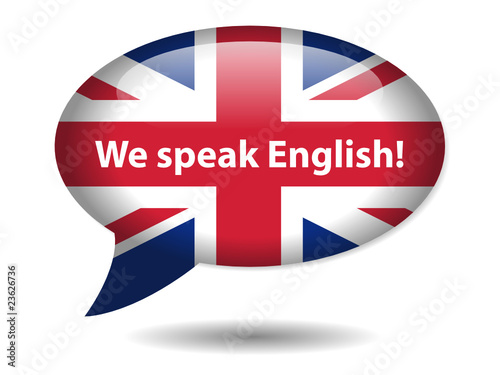| 正面 | 336.speak 英 [spiːk]美 [spik]     |
|---|---|
| 背面 |      释义: 1、creat- + -e.vi. 说话;演讲;表明;陈述vt. 讲话;发言;讲演 例句: 1. The Ukrainians speak a Slavonic language similar to Russian.乌克兰人所说的那种斯拉夫语系的语言类似于俄语。 speak 说话,交谈,发言,演说来自古英语 specan,拼写变体自 sprecan,说话,交谈,来自 Proto-Germanic*sprekana,说话,来 自 PIE*sprek,说话,可能来自 PIE*spreg,播洒,散开,展开,词源同 spark,spread.引申诸相关 词义。 speakspeak: [OE] The usual Old English word for ‘speak’ was sprecan, which has close living relatives in German sprechen and Dutch spreken. Specan, the ancestor of modern English speak, did not appear until around the year 1000, but already by the 12th century it had virtually replaced sprecan. It is not known how the r-less form (which has no surviving relatives in other Germanic languages) arose, but it is clearly a secondary development of the r-form.This seems to be connected with Danish spage ‘crackle’, Lithuanian sprageti ‘crackle’, and Sanskrit sphūrj- ‘crackle, rustle’, suggesting that the English word’s use for ‘utter, say’ arose via an earlier ‘crackle, prattle, babble, chatter’ (English ‘crack on about something’, ‘not what it’s cracked up to be’, and ‘crack a joke’ are remnants of an earlier widespread use of English crack for ‘speak’).=> speechspeak (v.)Old English specan, variant of sprecan "to speak, utter words; make a speech; hold discourse (with others)" (class V strong verb; past tense spræc, past participle sprecen), from Proto-Germanic *sprek-, *spek- (cognates: Old Saxon sprecan, Old Frisian spreka, Middle Dutch spreken, Old High German sprehhan, German sprechen "to speak," Old Norse spraki "rumor, report"), from PIE root *spreg- (1) "to speak," perhaps identical with PIE root *spreg- (2) "to strew," on notion of speech as a "scattering" of words. The -r- began to drop out in Late West Saxon and was gone by mid-12c., perhaps from influence of Danish spage "crackle," also used in a slang sense of "speak" (compare crack (v.) in slang senses having to do with speech, such as wisecrack, cracker, all it's cracked up to be). Elsewhere, rare variant forms without -r- are found in Middle Dutch (speken), Old High German (spehhan), dialectal German (spächten "speak"). Not the primary word for "to speak" in Old English (the "Beowulf" author prefers maþelian, from mæþel "assembly, council," from root of metan "to meet;" compare Greek agoreuo "to speak, explain," originally "speak in the assembly," from agora "assembly").speak (n.)c. 1300, "talk, speech," from speak (v.). Survived in Scottish English and dialect, but modern use in compounds probably is entirely traceable to Orwell (see Newspeak)." |